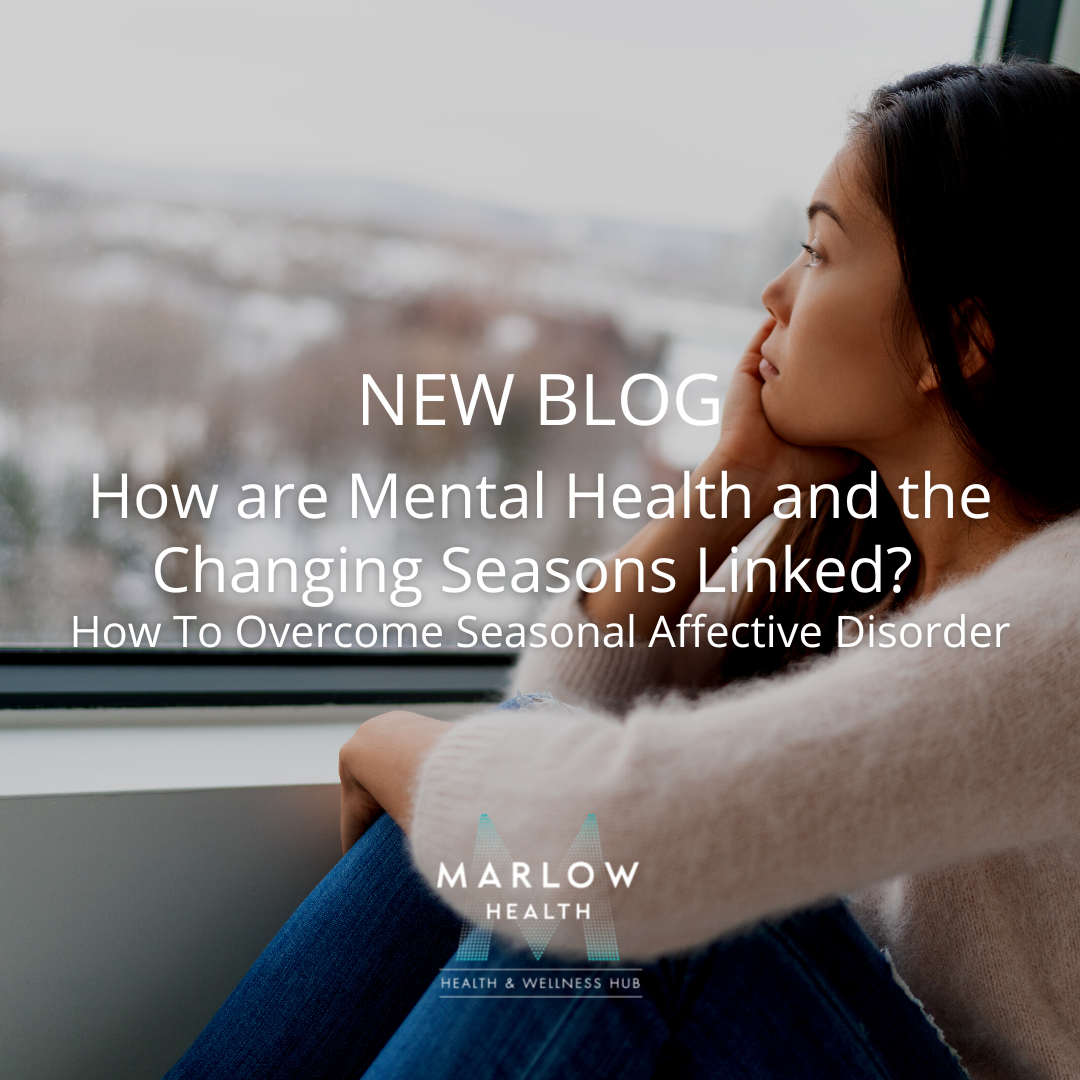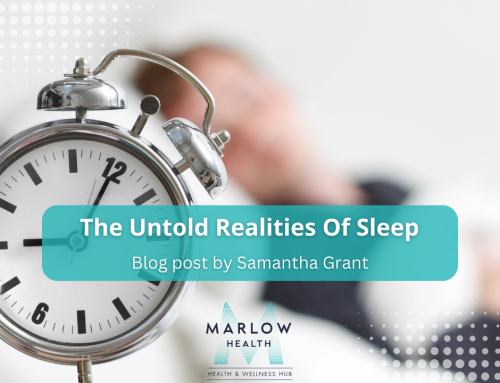How are Mental Health and the Changing Seasons Linked? The Connection Between SAD and DepressionSeasonal Affective Disorder (SAD) is a type of depression that occurs during specific seasons, most commonly in autumn and winter. It is thought to be caused by the decrease in sunlight, which can affect the body’s natural circadian rhythms and lead to changes in mood and energy levels.While SAD is often thought of as a separate entity from other forms of mental health issues, it is important to recognise that it is still a type of depression and can be just as debilitating as any other form of the illness. Many of the symptoms of SAD are similar to those of other forms of depression, including feelings of hopelessness and sadness, a lack of energy and motivation, and difficulty concentrating.The connection between mental health and SAD is complex and multifaceted. On one hand, the decrease in sunlight during autumn and winter months can directly affect the body’s natural production of serotonin, a neurotransmitter that plays a role in regulating mood. This reduction in serotonin can contribute to the development of SAD.On the other hand, the change in seasons can also bring about other stressors that can affect mental health. For example, the holiday season can be a time of increased financial stress, family conflicts, and social obligations, all of which can take a toll on mental health.Additionally, the shorter days and longer nights of can disrupt sleep patterns, which can also contribute to feelings of depression and anxiety.It is important to recognize that SAD is a treatable condition and there are many strategies that can help alleviate its symptoms. Some effective strategies include:• Getting outside and exposing yourself to natural sunlight, even on cloudy days• Using a light therapy box, which simulates sunlight and can help regulate the body’s natural circadian rhythms• Engaging in regular physical activity, which can help improve mood and energy levels• Seeking support from friends, family, or a mental health professionalIf you are experiencing symptoms of SAD or any other form of mental health issues, it is important to seek help.






